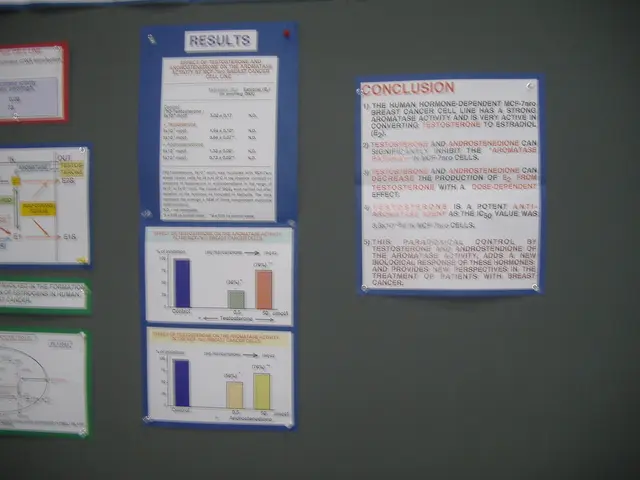In India, is there insurance coverage for In-Vitro Fertilization (IVF) procedures?
In India, the landscape of health insurance policies is slowly evolving to include coverage for IVF and other fertility treatments, although they are still considered elective procedures rather than emergencies.
Some family health insurance plans provide coverage for fertility-related procedures such as IVF (In Vitro Fertilisation), IUI (Intrauterine Insemination), and other assisted reproductive technologies. Coverage may include costs of consultations, diagnostic tests, medications, and sometimes the IVF procedure itself.
However, there are limitations and restrictions to these policies. Many policies impose a waiting period of 2 to 4 years before infertility benefits can be utilised. Coverage often includes only certain medical causes of infertility, excluding pre-existing conditions. Insurers may limit the number of IVF cycles covered, cap the total payout amount, or cover only parts of the treatment such as diagnostics or medication, excluding the main procedure. Some policies require fertility coverage to be added via an additional premium or rider.
Examples of such plans include the Star Women Care Plan, which offers fertility treatment coverage alongside maternity care. Various family health insurance plans start at roughly ₹21/day, covering hospital bills related to infertility treatments, though specifics vary widely across providers.
The cost of a single IVF cycle in India generally ranges from ₹1.5 lakh to ₹2.5 lakh, with multiple cycles often needed. Insurance benefits may cover part of these costs but rarely cover the entire expense. Some policies cover advanced techniques related to IVF, such as ICSI (Intracytoplasmic Sperm Injection) or PGT (Preimplantation Genetic Testing), but this depends on the policy terms.
When choosing insurance for fertility treatments, it is recommended to review coverage details carefully, including the waiting period, number of cycles covered, treatment exclusions, and payout limits. It's also important to compare plans for inclusions like diagnostics, medication, and procedural costs. Consider whether fertility treatment is included as a standard benefit or as an add-on requiring extra premium. Evaluate your financial planning including alternative options like package deals at clinics or medical loans for IVF.
One such policy is One Health by Magma HDI Insurance, which offers four plans: support, support plus, shield, and premium, and provides infertility treatment insurance coverage in India. Another policy is the BMB Nirbhaya scheme, launched jointly by the Bhartiya Mahila Bank, which is the only general health insurance policy in India that provides IVF cover and is available to women of different financial statuses. This scheme provides a cashless facility and maternity coverage for up to the first two children.
The IVF Suraksha Scheme at Craft Hospital and Research Center uses state-of-the-art technologies for treatment. However, it's important to note that the scheme does not cover the costs involved in the event of a miscarriage, hormone injections, and medication payments, tubal pregnancy, and the fees required for the registration, consultation, and lab tests. The success rate for treatments at Craft Hospital and Research Center is high, around 75 per cent.
In summary, while fertility treatment coverage is emerging in India, it is still limited and often partial. Prospective policyholders should scrutinise policy wordings to understand the precise benefits, restrictions, and costs covered. It's essential to research and compare different policies to find the one that best suits your needs and financial circumstances.
Read also:
- Trump's SNAP reductions and New York City Council's grocery delivery legislation: Problems for city residents highlighted
- Reducing dental expenses for elderlies in Sweden: Over 50% cut in charges for pensioners by the government
- Forty-year-old diet: A list of meal choices to savor
- Exiled Life's Conundrum: A Blend of Liberation, Disillusionment, and Distress







